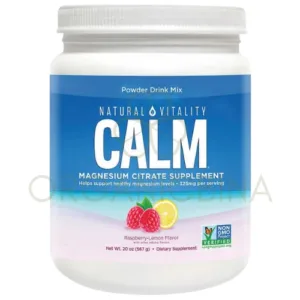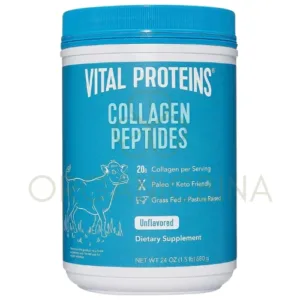news
Unmasking Nutrient Deficiencies: Signs Your Body Needs Help
We live in an age of abundant food, yet nutrient deficiencies are a silent epidemic affecting millions. A deficiency in a single vitamin or mineral can throw your body’s delicate balance into disarray, leading to a host of subtle symptoms that are often mistaken for stress, fatigue, or the normal signs of aging. From a persistent lack of energy to brittle nails and a weakened immune system, your body often sends out distress signals long before a serious health issue arises. This guide will unmask the most common signs of nutrient deficiencies, explain the science behind why they occur, and empower you to recognize when your body is silently crying out for help.

The Silent Symptoms: What to Look For
Many nutrient deficiencies don’t present with dramatic, obvious symptoms. Instead, they manifest as chronic, low-grade issues.
- Persistent Fatigue and Weakness: This is one of the most common and often-ignored signs. A deficiency in Iron can lead to anemia, which reduces oxygen transport throughout the body. Low Vitamin B12 and Vitamin D are also major culprits, as they are essential for energy production at a cellular level.
- Frequent Illness: If you constantly catch colds or flu, your immune system may be compromised. Vitamin C, Vitamin D, and Zinc are all vital for immune cell function and a strong defense against pathogens.
- Brittle Nails and Hair Loss: Your hair and nails are a great indicator of your nutritional status. Brittle nails can point to an Iron deficiency, while hair loss and thinning are often linked to a lack of Iron, Zinc, or Biotin.
- Poor Skin Health: Dry skin can be a sign of a lack of Omega-3s, while easy bruising and slow wound healing could point to a Vitamin C or Zinc deficiency.
- Muscle Cramps and Weakness: Widespread muscle cramps, especially in the legs, can be a symptom of low Magnesium or Potassium.
- Memory Issues and “Brain Fog”: The brain requires a steady supply of nutrients to function. A deficiency in Vitamin B12 can lead to nerve damage and cognitive impairment.
The Science of Deficiency
A deficiency doesn’t just mean your body is missing a nutrient; it means that the biological processes that rely on that nutrient are being compromised.
- Iron and Oxygen: Hemoglobin, the protein in red blood cells that carries oxygen, is built around iron. Without enough iron, your body can’t produce enough red blood cells, leading to a condition called anemia. This reduces oxygen delivery to all tissues, including your brain and muscles, causing fatigue and weakness.

- B12 and Nerve Function: Vitamin B12 is essential for the formation of the myelin sheath, a protective layer around your nerves. A deficiency can lead to nerve damage, which manifests as tingling sensations in the hands and feet, memory issues, and “brain fog.”
- Zinc and Immunity: Zinc is a key co-factor for over 300 enzymes in the body, many of which are involved in immune function. A lack of zinc can impair the production and function of T-cells and other immune cells, leaving you vulnerable to infections.
The Path to Diagnosis and Correction
If you suspect you have a nutrient deficiency, the best course of action is to consult a healthcare professional.
- Blood Test: A simple blood test is the most accurate way to confirm a deficiency. Your doctor can check levels of key nutrients like Vitamin D, Iron, B12, and Magnesium.
- Dietary Analysis: A dietitian can help you analyze your diet to identify potential nutritional gaps.
- Targeted Supplementation: Based on your test results, your doctor may recommend a specific supplement to correct the deficiency. It is crucial to follow their advice and not self-diagnose, as over-supplementation can be just as harmful as a deficiency.
- Food First: Once the deficiency is corrected, the long-term strategy should always be to get these nutrients from a balanced, whole-foods diet.

Conclusion: Take Control of Your Health
Our bodies are resilient, but they are not invincible. Paying attention to the subtle signals of a nutrient deficiency is a powerful form of self-care. By understanding the common signs and taking proactive steps to address them, you can move from a state of silent struggle to one of vibrant health and energy. Don’t let a simple nutritional gap hold you back from feeling your best.


